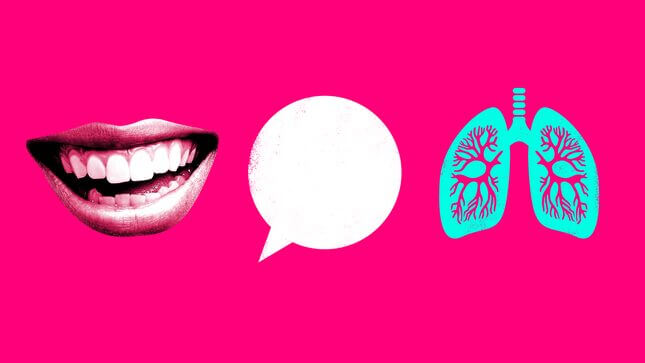

A little less than a year ago my new lease on my apartment was lost in the mail, the person who intercepted it stole $10,000 earmarked for taxes by doctoring the check inside, and I was let go from my job as a freelance contributor at Jezebel.
I decided to re-sign my lease on my studio apartment based on my projected income, but it wasn’t protected income. Even in places with organized unions, there’s a tier of freelancers who support the company with their work—work that doesn’t have a contract, benefits, or a severance package. I suddenly had to make some decisions about what I wanted my life to look like at a much lower price point. It was disorienting. It almost felt like a lucky break that my landlord never received my new lease; the stolen money was returned by my bank. The universe is a random and careless place, but it does send messages.
Suddenly, my old dreams seemed stale; my plans futile. They had to go. So did my stuff. I threw out all my crappy furniture. I dropped my cats off at my mom’s house (temporarily!). I bought a shitty refurbished laptop and a train ticket to Montréal. And I left. I barely told anyone. Even my best friend thought I was just going on a long trip until a few days before my departure.
“You’re leaving, leaving?” she asked in disbelief, as she dropped me off after our goodbye breakfast. It was kind of bullshit, on my part; I didn’t want to tell anyone I was leaving because I thought I’d be back, but as the distance from my hometown increased, so did my certainty that I wouldn’t return.
The thing about letting go of my old life and trying to start a new one was that I envisioned it as a brightly colored montage set to snappy music: Here I am tossing out that old mattress. Here I am packing a bag. There goes the train. Wow, what a view. I would magically be a brand new me.
Six months later, I am the same old me, except now I wear hats. It’s sunny in Los Angeles.
As someone who tends towards obsessive thinking, I have collected events like a crow hoarding metallic detritus in its nest. They’re treasures of hurt, loss, disappointment, missed opportunities, snubs, regrets. Useless, but still luring and attractive. I turned out the nest of my home and left it behind, but years of accumulated treasures stayed nestled in my brain as I went from one city to another—12 in all—before landing on the West Coast about a month later.
Whatever the measurable formula for letting go of the past is, I hadn’t found it traveling. I gravitated to L.A. when I was ready to admit that I was out of ideas. In New York, strangers will openly mock you for admitting you like crystals, but in L.A. everyone has a piece of magicke rocke in their pockets. I went to places with whimsical names like House of Intuition and earnestly read all the tiny cards explaining how citrine never holds negative energy. I took the Expo Line and a dozen buses to Venice and saw a tarot card reader. Over and over again I pulled the Hermit, the Devil, the Hanged Man. Cards that mean introspection, obsessive thoughts, and being suspended in time. The reader told me that I was protecting myself “too much because of past pain.” “You need to let it go,” she added.
She recommended I buy a vape and go to a meditation class. So I did that. I used CBD oil for a while and then escalated to mushrooms. It seemed like the obvious next step to alter one’s brain with chemicals. No doctor has ever told me I need medication for what my brain does, but maybe illegal drugs would work.
-

-

-

-

-

-

-

-

-

-

-

-

-

-

-

-

-

-

-

-

-

-

-

-

-

-

-

-

-

-

-

-

-

-

-

-

-

-

-

-








































